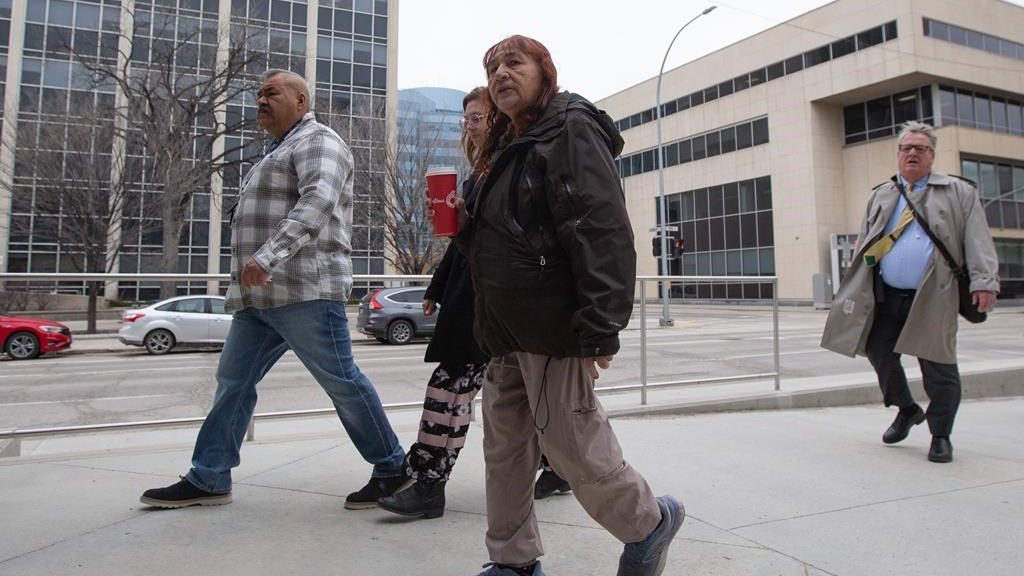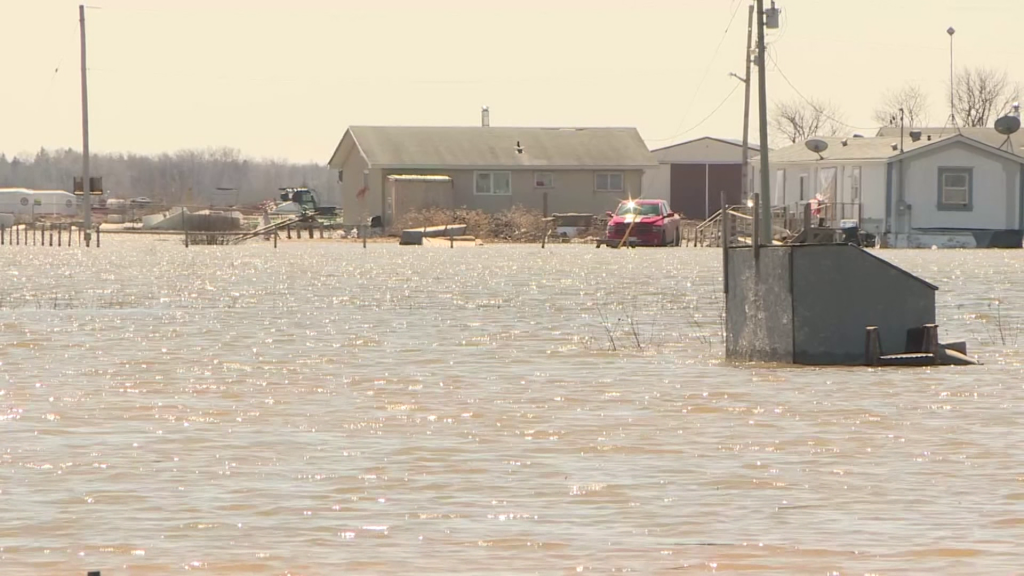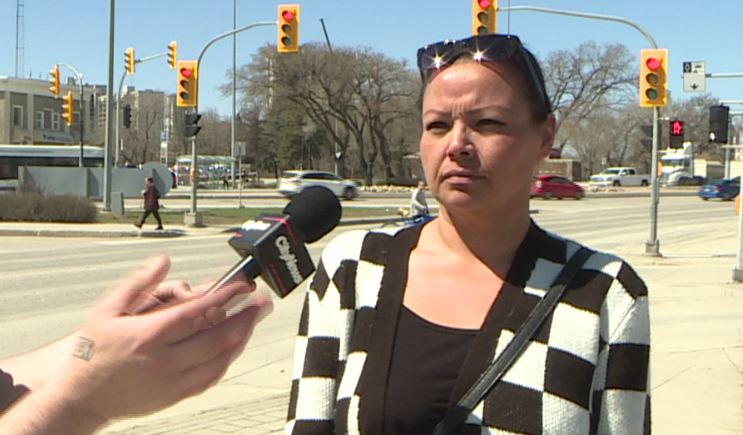U of M report highlights ways to improve primary care in Manitoba
Posted December 12, 2023 3:45 pm.
Last Updated December 12, 2023 8:08 pm.
As healthcare remains on the top of mind for many as we make our way through cold and flu season, a new report by University of Manitoba faculty members is sharing recommendations on ways of improving primary care in the province.
The report found that Manitoba has the lowest per capita number of family physicians in Canada. Dr. Alan Katz, who is a co-lead in the report and a family physician says the report highlights how Manitobans are feeling about primary care, and he says they aren’t feeling good about it.
“Over the years, we haven’t really been planning adequately for the human resources in health care. The population has grown. Manitoba, in particular, has grown a lot and we haven’t had the ability to grow our workforce and keep with the needs of the population,” said Dr. Katz.
The report highlighted 37 recommendations, nine of which were created by Indigenous members for Indigenous people.
Some of the key findings include a shift to team-based models in health-care delivery, extending primary care after hours, providing 24/7 access, and protecting patient health information in a centralized electronic database.
Co-lead Dr. Amanda Condon says 30 Manitobans were selected to give feedback for the report and hopes that these voices can bring the recommendations to fruition.
“Because it comes from the patient’s voice, it’s an extra added layer of work that can be used by policymakers and decision-makers to give some guidance as we look to redevelop the primary care system in Manitoba,” said Dr. Condon.
“What’s important about this report, is that this is Manitobans speaking to primary care reform and the changes they want to see in a healthy primary care system.”
Manitobans living in rural and northern communities face greater challenges. Some other recommendations include setting up mobile health clinics for rural and remote residents and creating an Indigenous health department in the provincial government.
Thomas Linner from the Manitoba Health Coalition says there needs to be a focus on helping the most vulnerable.
“That’s where we need to start. These are the folks that enter our emergency rooms if they are not able to access the primary care services that they need. So, this is something that we need to focus on,” said Linner.








